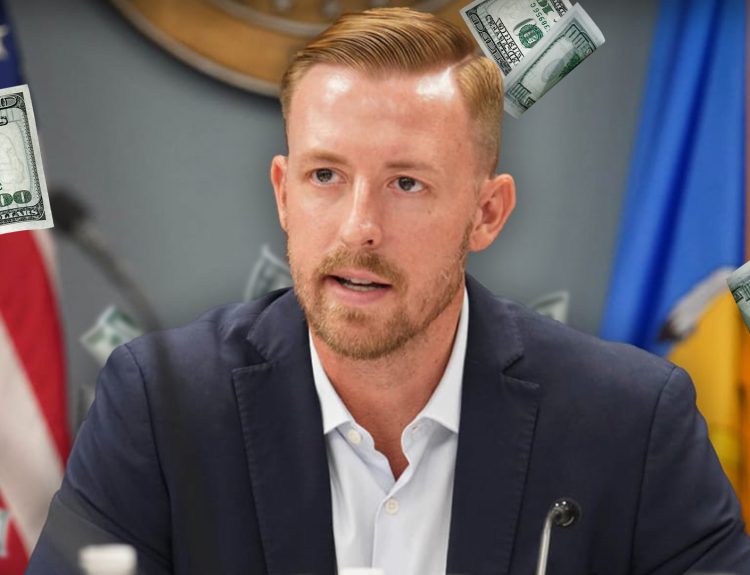California’s home insurance market is getting ready to take yet another hit as two more companies have decided that they wont be renewing their customers home insurance policies and they will be withdrawing their services from the state. The non-renewal of the two companies, Tokio Marine America Insurance and Trans-Pacific Insurance, were confirmed by the California Department of Insurance in an email to KQED news. Customers will be receiving non-renewal notices in the summer.
Filings
In filing with the state Department of Insurance, the companies revealed their intentions to withdraw from California by July.

The California Department of Insurance said the decision by the two companies will have an effect on 12,556 policies and premiums equalling $11.3 million. Tokio Marine alone has 2,732 personal umbrella policies for liability worth about $400,000.
Crisis Involving Insurance
The insurers did not give a reason as to why they are leaving. However, the decision to leave came amid an insurance crisis in California, which has many big name companies deciding to not renew policies in the state.

According to KQED, 70% of insurers listed on the California Department of Insurance’s Home Insurance Finder tool market are not currently providing homeowners renewal insurance plans, and 90% of companies are not offering new home insurance plans.
Departures
In the email to KQED, the California Department of Insurance stated that minimal share market on these two companies means customers shouldn’t panic.

Jazmín Ortega, deputy press secretary for the state’s insurance department said, “Given the companies’ minimal market share, we do not expect this to affect the California market as consumers have other options.”
Insurance Giants Are Leaving
It appears that a continuous stream of both large and small insurance companies are announcing their departure over the last few months.

State Farm announced a few weeks ago that it would be cutting 72,000 policies in California by July. This came after they announced nine months prior that the company would stop offering coverage entirely.
Extreme Fire Season
A Democrat Assemblymember explained that the state is one natural disaster away from financial ruin.
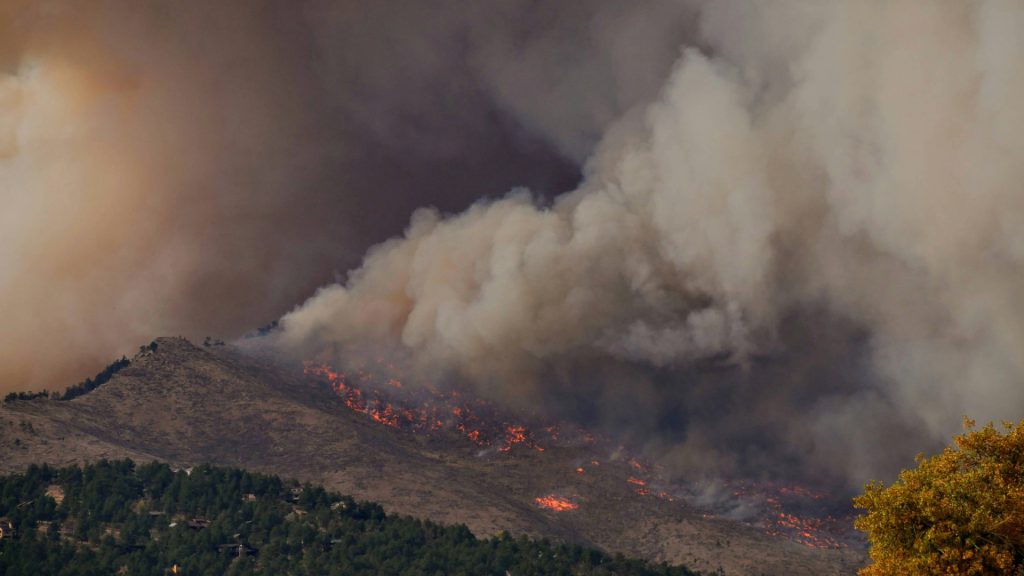
Assemblymember Jim Wood, a Democrat from Sonoma County said, “We’re one bad fire season away from complete insolvency – it feels like a big gamble,” “If this were on Wall Street, I’m not sure you’d be able to get away with this.”
The Reason Behind Why Are Companies Leaving
The surge in frequency and intensity of property damaging occurrences such as wildfires, floods, storms, and other natural disasters have made writing policies in the state more of a risk and less of a reward.
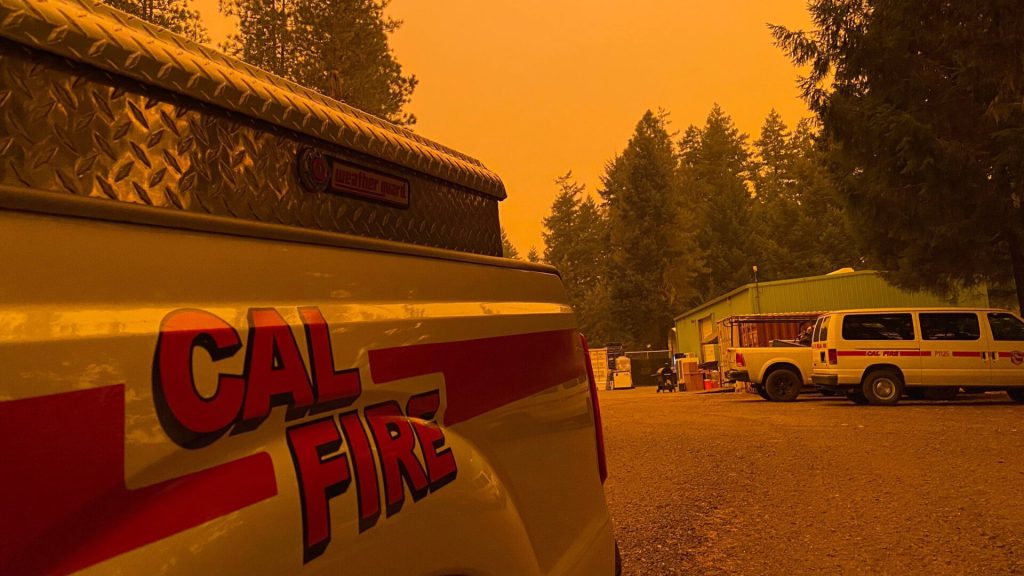
Jeremy Porter, head of climate implications research at First Street Foundation said, “They know the risk is just too high to be actuarially sound for their business.”
Environmental Risk
California isn’t alone in facing the difficulties that are keeping insurers from writing policies, but it does rank at the top of the list because of economic damage from climate disasters.
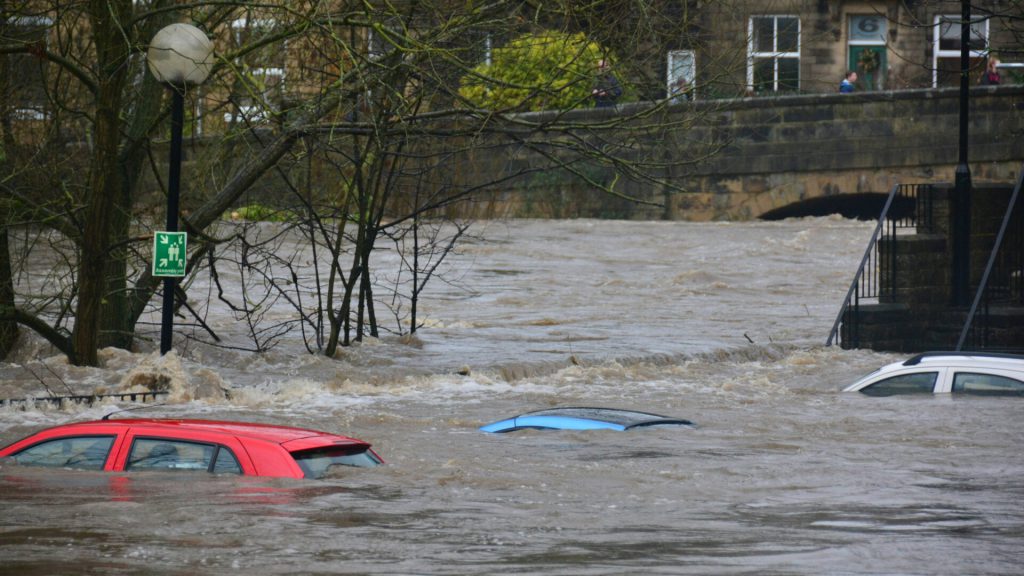
Sean Kevelighan, president and CEO of the Insurance Information Institute, an insurance industry association said, “Losses are increasingly related to climate risk,” “As that risk increases, so does the cost of insuring those assets that people have on hand.”
Final Option
In California, homeowners that are considered too risky for insurance from private companies are given a last resort option, called the California Fair Access to Insurance Requirements (FAIR) plan. The plan is funded by forcing insurance companies who do business in California to pay into it.

This means that as companies withdraw completely from the state, not only are there fewer policies on the private market, but the FAIR plan starts to lose its insurance funding.
Trying To Fix the Problem
Fixing an insurance crisis can be a challenge that frankly doesn’t have a simple solution. In December, California Insurance Commissioner Ricardo Lara presented a stabilization plan to lawmakers, but in order for it to work prices would have to go up for customers.
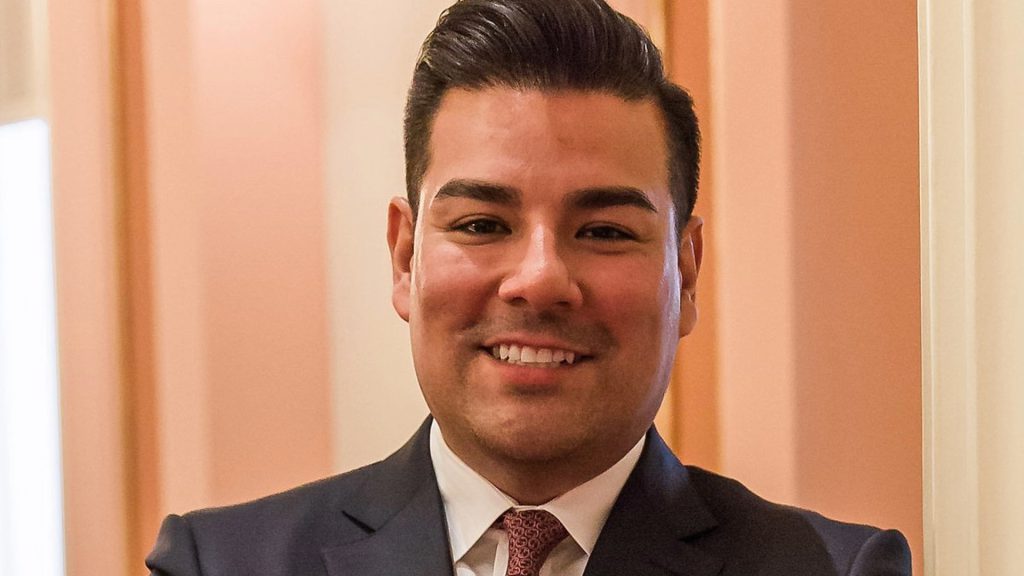
It is going to be a challenge to find a solution that makes both customers and insurance companies happy. Especially because the primary issue is natural disasters, something that can’t be predicted and is out of everyone’s control.
FAIR
In March, California’s state-chartered insurer established under the FAIR Plan told lawmakers that it is financially unprepared to cover the costs of a big disaster in the state.

The FAIR plan is now faced with a possible loss of $311 billion, which has inflated from the $50 billion it was just six years ago.
Catastrophe
The California Department of Insurance is set to have a meeting on April 23 to have a discussion about strategies to try and mitigate the insurance crisis under what it calls “catastrophe modeling.”
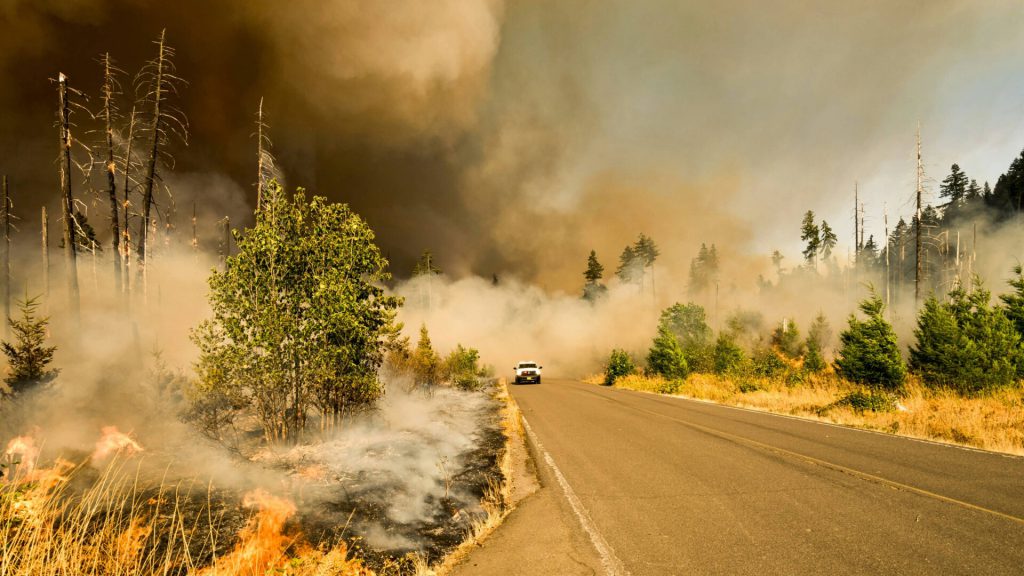
Relying on the FAIR plan to serve customers in the interim is proving to be difficult. Aside from the plans being expensive and giving subpar coverage, it is the only option people have.Karl Susman, broker and insurance expert said, “The FAIR Plan is getting a thousand applications per 24 hours, which is outrageous to even conceive of.”




